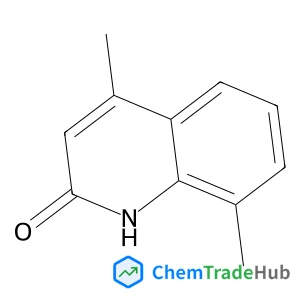Transition-metal-free insertion reactions of alkynes into the C–N σ-bonds of imides: synthesis of substituted enamides or chromones
文献情報
Zhong Zheng, Ye Wang, Murong Xu, Lingkai Kong, Mengdan Wang, Yanzhong Li
A transition-metal-free tandem process for the synthesis of substituted enamides and chromones is presented. The insertion of isolated alkynes into the C–N σ-bonds of imides is involved in this tandem process. In the case of alkynones bearing an ortho-bromo-substituted aryl ring, chromones were selectively formed via the O-cyclization pathway. A variety of substituted enamides and chromones were prepared in good to high yields.
関連文献
IF 6.222
Front coverIF 6.222
Catalogue of self-targeting nano-medical inventions to accelerate clinical trialsIF 6.843
Sugar ketals as a platform molecule to overcome the limitation of converting biomass into green-hydrocarbons in a typical refineryIF 6.367
Contents listIF 6.222
Novel aqueous amine looping approach for the direct capture, conversion and storage of CO2 to produce magnesium carbonateIF 6.367
Water-soluble pH-switchable cobalt complexes for aqueous symmetric redox flow batteriesIF 6.222
Facile room-temperature growth of nanostructured CuBi2O4 for selective electrochemical reforming and photoelectrochemical hydrogen evolution reactionsIF 6.367
Co9S8 integrated into nitrogen/sulfur dual-doped carbon nanofibers as an efficient oxygen bifunctional electrocatalyst for Zn–air batteriesIF 6.367
Synthesis of aviation fuel from bio-derived isophoroneIF 6.367
掲載誌
Chemical Communications
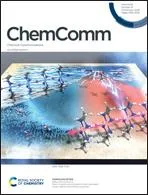
ChemComm publishes urgent research which is of outstanding significance and interest to experts in the field, while also appealing to the journal’s broad chemistry readership. Our communication format is ideally suited to short, urgent studies that are of such importance that they require accelerated publication. Our scope covers all topics in chemistry, and research at the interface of chemistry and other disciplines (such as materials science, nanoscience, physics, engineering and biology) where there is a significant novelty in the chemistry aspects. Major topic areas covered include: Analytical Chemistry Catalysis Chemical Biology and medicinal chemistry Computational Chemistry and Machine Learning Energy and sustainable chemistry Environmental Chemistry Green Chemistry Inorganic Chemistry Materials Chemistry Nanoscience Organic Chemistry Physical Chemistry Polymer Chemistry Supramolecular Chemistry
おすすめ化合物
おすすめサプライヤー
 浙江省ブライトゴールド銅工業株式会社
浙江省ブライトゴールド銅工業株式会社 ARICON Kunststoffwerk GmbH
ARICON Kunststoffwerk GmbH DaXem株式会社
DaXem株式会社 カベルシュレップ GmbH
カベルシュレップ GmbH テクノロジー
テクノロジー MOLLOX CHEMIE GmbH
MOLLOX CHEMIE GmbH アルケム · デ · メキシコ、 S. A. C. V. の
アルケム · デ · メキシコ、 S. A. C. V. の 国際ビジネスシステムズ GmbH
国際ビジネスシステムズ GmbH Macylab Instruments Inc.
Macylab Instruments Inc. 宁波市震雷化学有限公司
宁波市震雷化学有限公司










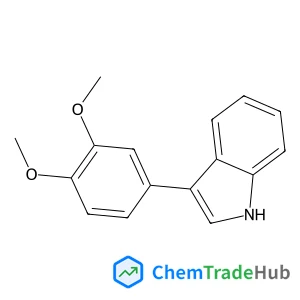
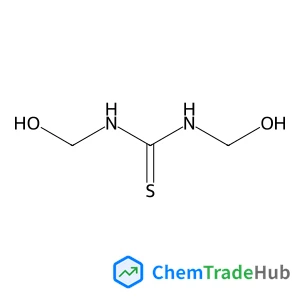
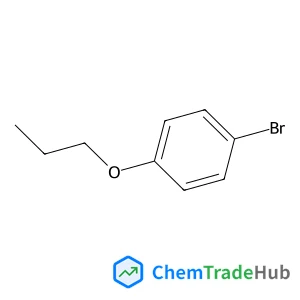
![37845-14-0 - 4,5-Dihydronaphtho[1,2-c]furan-1,3-dione 37845-14-0 - 4,5-Dihydronaphtho[1,2-c]furan-1,3-dione](/structs/378/37845-14-0-f8d0.webp)
